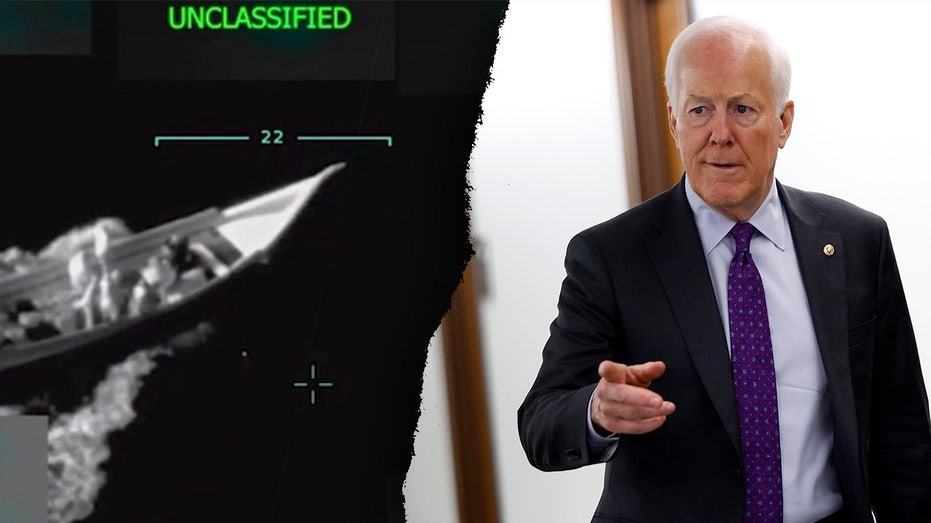A shadow war is unfolding in the waters off Venezuela, as U.S. warships intercept and destroy vessels suspected of drug smuggling. These actions, undertaken since September, have ignited a fierce debate over legality and the limits of presidential power.
The Trump administration defends these strikes as vital to national security, directly confronting the flow of narcotics and dismantling what they label “narco-terrorism.” Officials point to the devastating fentanyl crisis, claiming it has claimed more American lives in recent years than all combat losses since World War II.
However, the international community is raising serious concerns. The United Nations High Commissioner for Human Rights, Volker Türk, has publicly questioned the justification for the use of lethal force, stating that available information suggests those targeted posed no immediate threat to life.
This clash highlights a fundamental tension: the power of international law versus a nation’s claim to self-defense. While international agreements aim to establish norms and guide behavior between countries, they lack a robust enforcement mechanism.
Some U.S. lawmakers argue that America’s sovereignty trumps international scrutiny. Senator John Cornyn asserted the U.S. must prioritize its own interests, dismissing international bodies as irrelevant in matters of national security. He characterized international law as a “convention,” suggesting extraordinary circumstances demand extraordinary measures.
Representative Darrell Issa echoed this sentiment, emphasizing the President’s constitutional authority as Commander in Chief to defend the nation. He underscored the designation of targeted cartels as Foreign Terrorist Organizations, linking them directly to the fentanyl epidemic.
Experts explain that international law functions as a framework for cooperation, defining boundaries and establishing rules for interaction between sovereign states. It’s a system built on agreements and customs, intended to foster a more predictable and peaceful world.
Yet, the absence of a global police force means compliance relies heavily on voluntary adherence and the principle of reciprocity – nations are more likely to follow rules if they expect others to do the same. The U.S., often a proponent of international law, finds itself in a position of potentially undermining it.
Adding to the controversy, Democrats in Congress are demanding greater transparency. Representative Gregory Meeks criticized a recent briefing as lacking credible legal justification for the strikes, arguing the American people deserve a full accounting of their government’s actions.
The administration maintains that each targeted vessel was confirmed to be involved in narcotics smuggling and linked to designated terrorist organizations. A recent statement identified those on board as “narco-terrorists” operating along known trafficking routes.
To support these operations, the USS Gerald R. Ford aircraft carrier has been repositioned closer to Venezuelan waters. Despite this significant military mobilization, President Trump has publicly stated he does not foresee a war with Venezuela, a claim met with skepticism by some observers.
At least fifteen such strikes have been conducted, raising questions about the long-term implications of this assertive policy and its potential to escalate tensions in the region. The unfolding situation presents a complex challenge, balancing national security concerns with the principles of international law and the demand for accountability.






